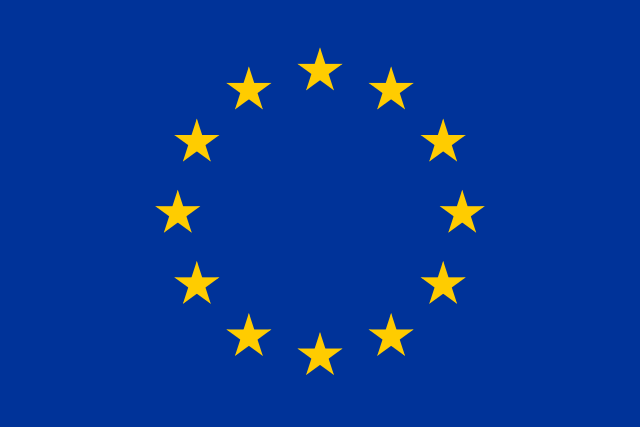E.U. Council Statement on Iran
 On February 2, the Council of the European Union, which consists of member states’ foreign ministers, released an outline of its views on Iran and related issues. The ministers reiterated their support for the nuclear deal and recognized that Iran had fulfilled its commitments.
On February 2, the Council of the European Union, which consists of member states’ foreign ministers, released an outline of its views on Iran and related issues. The ministers reiterated their support for the nuclear deal and recognized that Iran had fulfilled its commitments.

 Top representatives from the European Union, France, Germany, and the United Kingdom said they regretted the U.S. decision to reimpose sanctions on Iran. In a joint statement, foreign ministers and finance ministers pledged to protect European companies doing legitimate business with the Islamic Republic.
Top representatives from the European Union, France, Germany, and the United Kingdom said they regretted the U.S. decision to reimpose sanctions on Iran. In a joint statement, foreign ministers and finance ministers pledged to protect European companies doing legitimate business with the Islamic Republic.